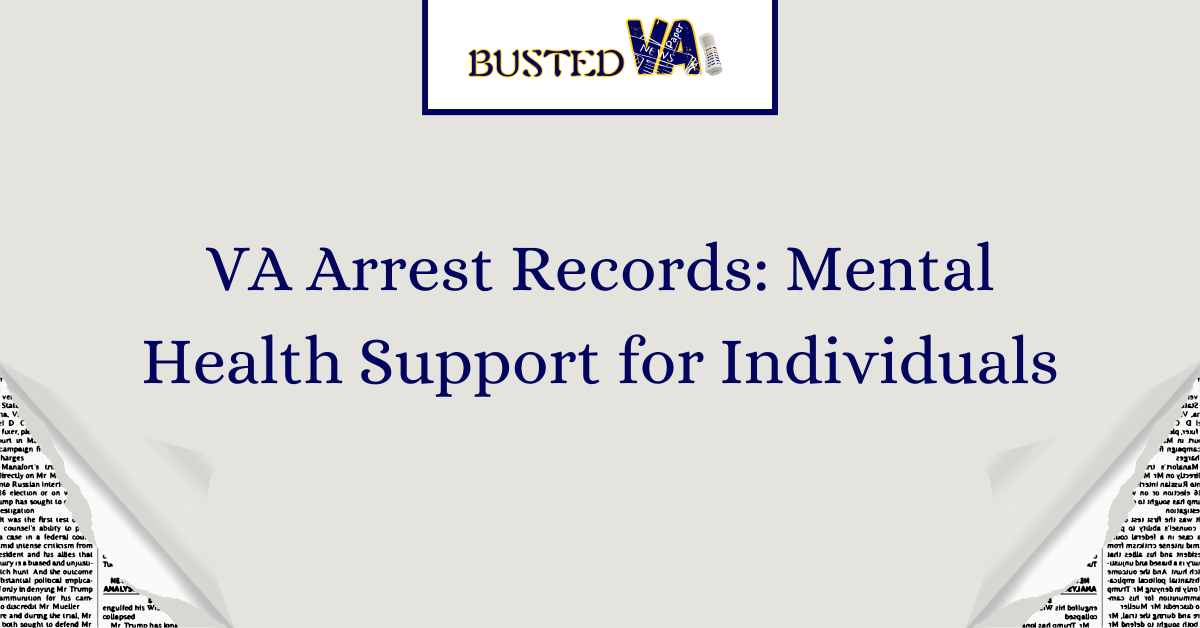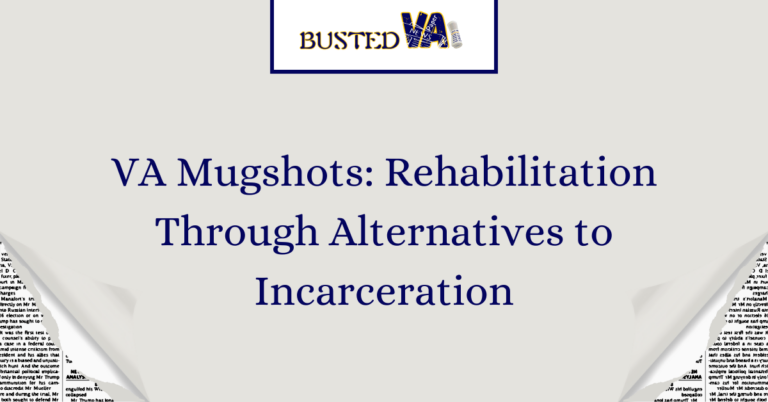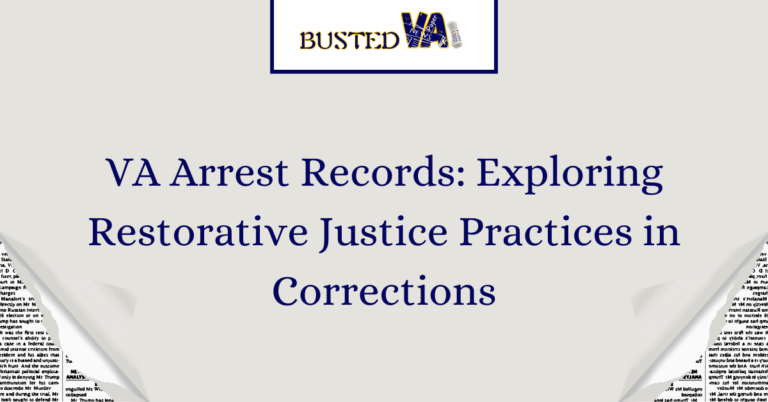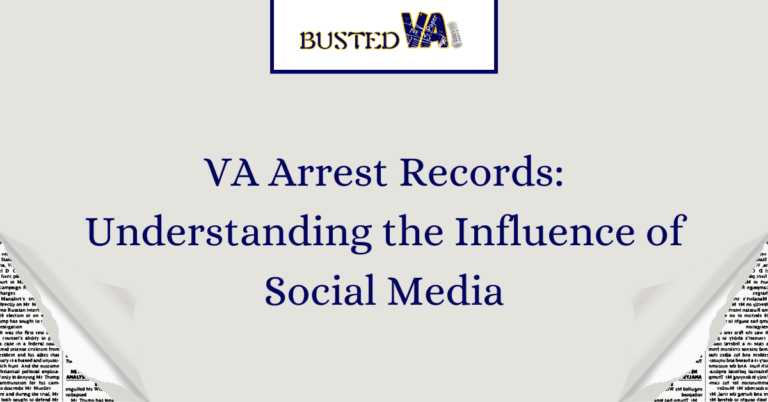VA Arrest Records: Mental Health Support for Individuals
In the United States, Virginia (VA) arrest records hold critical information about an individual’s encounters with law enforcement. While these records serve various purposes, from background checks to legal proceedings, they also shed light on the challenges faced by individuals, particularly concerning their mental health. In this article, we delve into the significance of mental health support for those with VA arrest records, understanding the obstacles they confront, and exploring avenues for assistance.
Understanding VA Arrest Records
VA arrest records encompass a range of legal documentation related to an individual’s involvement with law enforcement within the state of Virginia. These records typically include details such as the nature of the offense, dates of arrest, and court dispositions. Accessing these records is crucial for employers, landlords, and others making decisions about individuals’ suitability for various opportunities.
Challenges Faced by Individuals with VA Arrest Records
For individuals with VA arrest records, life can be marked by persistent challenges. Stigma and discrimination often accompany these records, leading to social isolation and limited opportunities for employment and housing. Moreover, the psychological toll of navigating life with a tarnished legal history can exacerbate existing mental health issues or lead to the development of new ones.
The Need for Mental Health Support
Recognizing the interplay between VA arrest records and mental health is paramount. The experience of arrest and its aftermath can trigger anxiety, depression, and other mental health conditions. Access to adequate support services becomes not just desirable but imperative for individuals to rebuild their lives and maintain their well-being.
Existing Support Systems
Fortunately, various support systems exist to aid individuals with VA arrest records in addressing their mental health needs. Government initiatives offer counseling and rehabilitation programs tailored to this demographic, while community organizations provide vital resources and advocacy.
Breaking Down Barriers
Breaking down barriers to mental health support requires multifaceted approaches. Education and awareness campaigns can dispel myths and misconceptions surrounding individuals with arrest records, fostering a more inclusive society. Additionally, legal advocacy efforts can challenge discriminatory practices and ensure equitable access to services.
Empowering Individuals
Empowering individuals to prioritize their mental health involves offering a range of resources and support networks. Counseling and therapy services provide a safe space for individuals to process their experiences and develop coping strategies. Peer support groups offer camaraderie and understanding from those who have walked similar paths.
Addressing Systemic Issues
While individual support is crucial, addressing systemic issues within the criminal justice system is equally vital. Advocating for criminal justice reform can lead to fairer policies and practices that mitigate the collateral consequences of arrest records. Policy recommendations aimed at reducing recidivism and promoting rehabilitation can create more opportunities for individuals to thrive post-arrest.
Case Studies
Examining success stories of individuals who have accessed mental health support post-arrest highlights the transformative impact of these services. From securing stable employment to rebuilding familial relationships, these narratives underscore the resilience and potential for positive change within this population.
FAQs
Can my VA arrest record affect my mental health?
Yes, the experience of being arrested and the consequences that follow can significantly impact mental well-being. Stigma, discrimination, and the challenges of navigating life with a tarnished legal history can contribute to anxiety, depression, and other mental health issues.
Are there specific mental health services available for individuals with VA arrest records?
Yes, various government initiatives and community organizations offer tailored mental health services for individuals with arrest records. These services may include counseling, therapy, support groups, and rehabilitation programs designed to address the unique needs of this population.
How can I access mental health support if I have a VA arrest record?
Individuals with VA arrest records can access mental health support through government agencies, community organizations, and healthcare providers. It’s essential to inquire about specific programs and services available in your area and to seek out resources that prioritize confidentiality and nonjudgmental support.
Will seeking mental health support affect my legal status or record?
Seeking mental health support does not typically affect an individual’s legal status or record. Mental health services are confidential, and healthcare providers are bound by privacy laws to protect patients’ information. It’s crucial to discuss any concerns about confidentiality with your healthcare provider before seeking support.
What can I do if I face discrimination or barriers due to my VA arrest record?
If you experience discrimination or encounter barriers due to your VA arrest record, there are steps you can take to address these issues. Consider seeking legal advice from organizations specializing in criminal justice reform or discrimination law. Additionally, advocacy groups and support networks can offer guidance and resources to help you navigate these challenges.
Conclusion
The nexus between VA arrest records and mental health underscores the urgent need for comprehensive support systems. By dismantling stigma, expanding access to resources, and advocating for systemic change, we can create a more equitable society where individuals with arrest records are empowered to lead fulfilling lives. It is incumbent upon communities, policymakers, and individuals alike to prioritize mental health support for this vulnerable population and ensure that no one is left behind.







